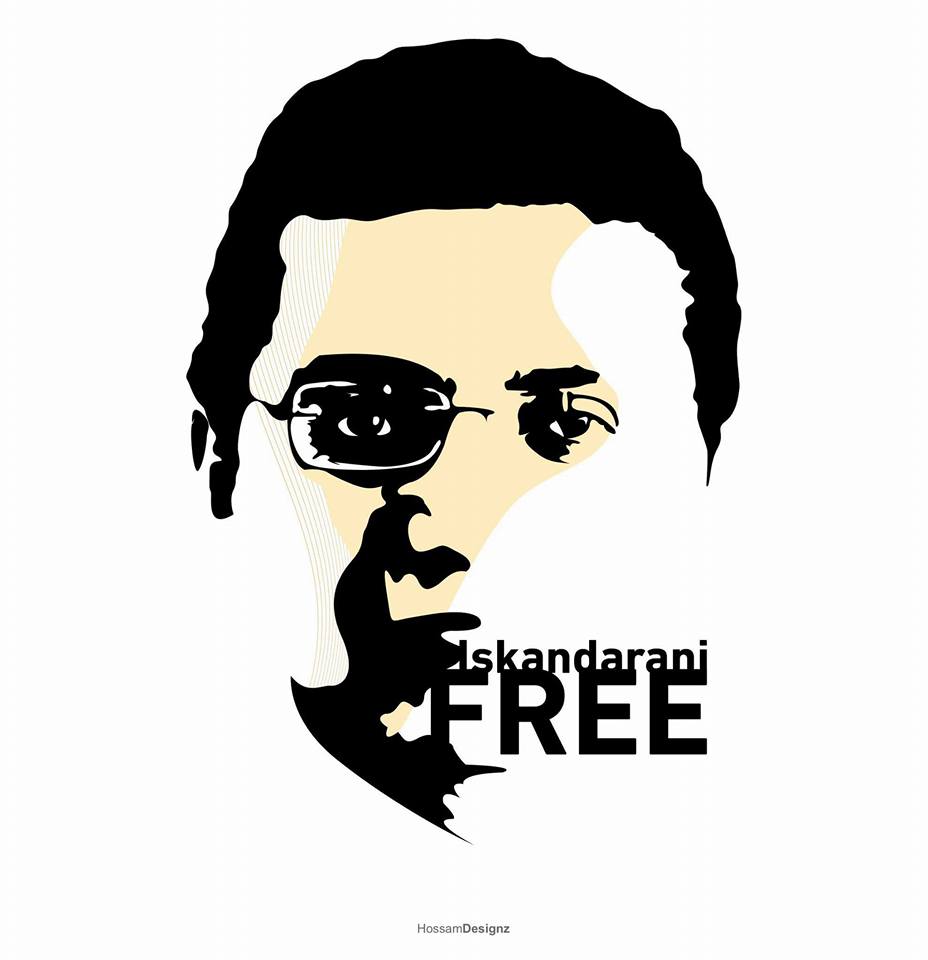THE OBAMA administration continues to provide $1.3 billion in annual military aid to the Egyptian regime of Abdel Fatah al-Sissi on the grounds that it is a necessary if unsavory ally in the fight against the Islamic State, which has established an affiliate on the Sinai Peninsula. But the harsh repression pursued by Mr. Sissi, including indiscriminate attacks on civilians in the Sinai, is strengthening rather than weakening terrorist groups and leading to a steady decline in security — as evidenced by the recent downing of a Russian airliner in the region .
Now a prominent Egyptian journalist has been arrested for making that point. Ismail Alexandrani , a researcher and writer on the Sinai who has collaborated with think tanks in the United States, France and Germany, was arrested when he returned to Egypt on Sunday. After holding and interrogating him for two days, prosecutors ordered him detained on charges of belonging to the banned Muslim Brotherhood and “disseminating false news,” a charge the regime uses to silence critical journalists.
In fact, Mr. Alexandrani is not a member of the Muslim Brotherhood but one of its critics, and the articles and papers he has produced on the Egyptian army’s operations in the Sinai are based on careful research. The 32-year-old journalist spent several months at the Woodrow Wilson International Center for Scholars in Washington this year as a visiting fellow, and he is affiliated with the Paris-based Arab Reform Initiative. His conclusions about the Sinai were summed up in a prescient paper published in English last year: “The War in Sinai: A battle against terrorism or cultivating terrorism for the future?”
“If the deracination of terrorism requires human development that is concerned with the dignity of life, social cohesion, education, healthcare and a moderate religious orientation, then the reality of the central military and governmental regime’s policies is going in completely the opposite direction,” Mr. Alexandrani wrote. “The barbaric behavior, close to that of armed mercenaries, that the inhabitants of the border areas of Sinai have suffered . . . is completely destroying the possibility of establishing a respectful relationship between the citizens in Sinai and the state.”
Mr. Alexandrani presented his views in October at a conference in Berlin sponsored by the German Council on Foreign Relations. According to another Egyptian participant, the Egyptian Embassy tried to prevent the Egyptians from participating and warned them they could face criminal charges. Apparently, Egypt’s foreign embassies now see it as their mission to suppress free speech outside the country.
Last month the regime detained leading liberal journalist Hossam Bahgat after his publication of an article on the secret prosecution of military officers on coup-plotting charges. Mr. Bahgat was released following loud international protests, including from the United Nations secretary general. But many less prominent writers are still held; Egypt’s Journalists Syndicate said last month that 33 were jailed.
The State Department had nothing to say about the arrest of Mr. Alexandrani until we asked. We were given a statement that said: “We are closely following his case. We continue to have frank discussions with the government of Egypt about our human rights concerns.” There was no call for the journalist’s release. There should be — and those in the administration who still believe that U.S. military aid to Egypt is productive should read his papers.




